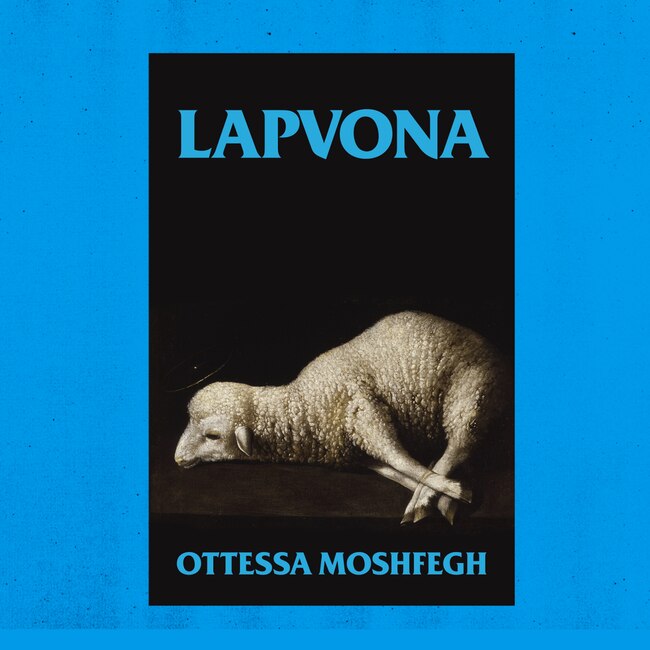This made me never want to read another novel again
Lapvona by Ottessa Moshfegh: how to make rape, cannibalism and incest boring.

Lapvona by Ottessa Moshfegh: how to make rape, cannibalism and incest boring.
Struggling through Ottessa Moshfegh’s Lapvona (three times — that’s how much I searched for a redeeming feature) left me wishing that no one would ever write, read or review another novel ever again. Unremitting in its grimness, flagrant in its arbitrary violence and adamant in its refusal to grant any narrative satisfaction, Lapvona manages to transform the novel form into a decadent, self-loathing indulgence. And in a way, that is an achievement. Moshfegh has form in this respect.
Her Booker-shortlisted Eileen featured a protagonist with poor personal hygiene and a penchant for laxatives, while the TikTok sensation My Year of Rest and Relaxation followed a wealthy young woman who deals with a sense of ennui by drugging herself to sleep for a year. Adored by legions of young (mainly female) fans, Moshfegh’s work is, above all else, stubbornly unedifying.

Lapvona stretches this to the extreme. The title refers to a medieval fiefdom where life is cheap and miserable. In it, 13-year-old Marek is desperate for love. He is small, with a twisted spine, misshapen head and bowed legs. These deformities are the result of his mother’s attempts to abort him, but also, we later find out, because he is the product of sibling incest. He lives with his father-who-isn’t-his-father, cruel Jude, who beats him for the slightest misdemeanour. Marek’s only comfort comes from suckling — either from their sheep, or from Ina, a blind old woman whose milk supply never runs out.
Despite his victimhood, Marek isn’t a sympathetic character — he’s cruel and manipulative in his own way, and the novel hinges around his murder, in a jealous rage, of Jacob, the son of Lapvona’s lord Villiam. He is brought to Villiam to face justice, but the lord simply adopts him as a replacement son. Living in the manor, Marek realises that Villiam is utterly corrupt, with a bottomless appetite that burns through the starving villagers’ produce. When a drought comes, he secretly directs water into the manor via a dam. Outside his walls the villagers resort to eating animal dung, dogs and — in one particularly horrific passage — each other.
The finer plot points aren’t really that important. Suffice to say, every character becomes increasingly corrupted, whether through luxury or scarcity. Perhaps Moshfegh wants to show that women can write amoral fiction too — move over, Nabokov. Yet while Nabokov’s writing is beautiful and deeply considered, in Lapvona we find such linguistic treats as: “He didn’t even show Clod the pube. He was too ashamed — he put it in his mouth and swallowed it” and “He turned his head and his body pulsed, his throat and guts cramping as he regurgitated Klim’s pinky toe, small and roasted, its little nail sticking out.”
Moshfegh is out to shock with this novel, but 50 pages in she is barely managing that. By the time we get round to murdering babies, it incites little more than a defeated shrug. Forget about its moral vacuity — Lapvona’s greatest crime is being boring.


